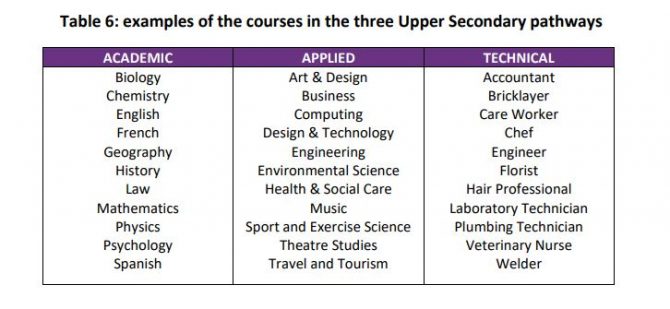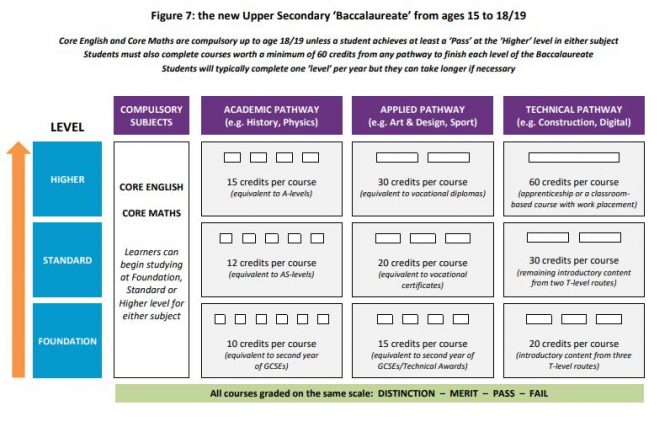The first new provider monitoring visit report since Ofsted restarted the in-person inspections has found ‘insufficient’ delivery.
New provider visits resumed last month after the watchdog’s normal activity was paused at the start of the Covid-19 pandemic in March 2020.
The first of these reports was published last Friday and found “too many” of the 91 apprentices at Birmingham-based independent provider Skillwise Training UK Limited “have had few or no teaching sessions since they started their apprenticeship”.
“As a result, most apprentices are making slow progress on their apprenticeship,” inspectors wrote, with “too many,” including those who have been on programme for 12 months, having only submitted one piece of written work.
Skillwise scored two ‘insufficient progress’ judgements in its report, which means it now faces being suspended from new apprenticeship starts, under Education and Skills Funding Agency rules.
Since inspection activity was paused, Ofsted has been running interim visits to FE colleges and providers remotely, including progress monitoring visits, as part of a phased return since September 2020.
Although the findings from these visits are published, providers do not face any action as a consequence like they do with new provider monitoring reports. Full inspection activity is not planned to resume until September 2021.
Move to remote teaching ‘has been problematic,’ leaders tell Ofsted
Skillwise, established in 2006 and delivering levy-funded apprenticeships since 2018, has struggled with adapting to the Covid-19 pandemic, Ofsted reported.
Senior leaders admitted to inspectors the move from face-to-face to remote teaching “has been problematic”.
Having adapted to teaching topics through short online presentations, tutors were found to “not considered well enough different approaches required when teaching remotely”.
Ofsted found a minority of occasions where tutors covered too much content during sessions.
The provider’s apprentices “do not have time” in sessions “to understand the context of the topics taught and how this applies to their assignments or their workplace”.
Skillwise had previously delivered to apprentices face-to-face over the course of a day, but inspectors were critical of how tutors are currently working.
At the time of the visit on March 16, the provider delivered the level 4 business administration framework apprenticeship, as well as the level 3 business administration, level 3 customer service, and level 3 team leader/supervisor apprenticeship standards.
Though apprentices are “frequently” checked on through review meetings, tutors had not provided regular off-the-job training sessions.
Apprentices are recruited ‘with integrity’
Skillwise did make ‘reasonable progress’ in ensuring effective safeguarding arrangements were in place.
It has a “well-qualified” designated safeguarding lead and deputy lead, and staff are “appropriately” trained in safeguarding and the ‘Prevent’ duty.
Apprentices have the opportunity to undertake mental health first aid training when they start, and the learners understand how they can use this knowledge to support others in the workplace.
However, inspectors did find, with the exception of safeguarding, staff training was overly focused on completing paperwork and not teaching skills.
Leaders have realised the quality of teaching and training is “not consistently good”, according to the report.
Skillwise was commended for the “sensible approach” it had taken to growing the business: having started off specialising in sports coaching and physical training, a restructure in 2016 led it to offer training in more subject areas.
Apprentices are recruited “with integrity” and use evaluations of their skills “well” when matching learners to the right subject and level of apprenticeship.
Skillwise was approached for comment.
Skillwise is one of six providers to have a new provider monitoring report published since Friday.
The other five − Discovery Recruitment Limited, Exertis (UK) Limited, Richmond Training Academy Limited, The Chief Constable of Hampshire, Trans-Plant Mastertrain Ltd − all scored ‘reasonable progress’ across the three themes judged.



